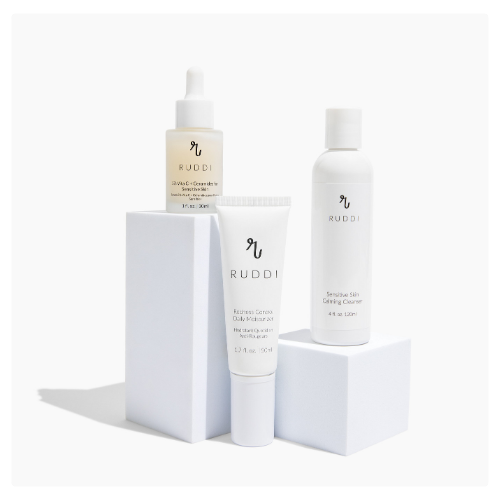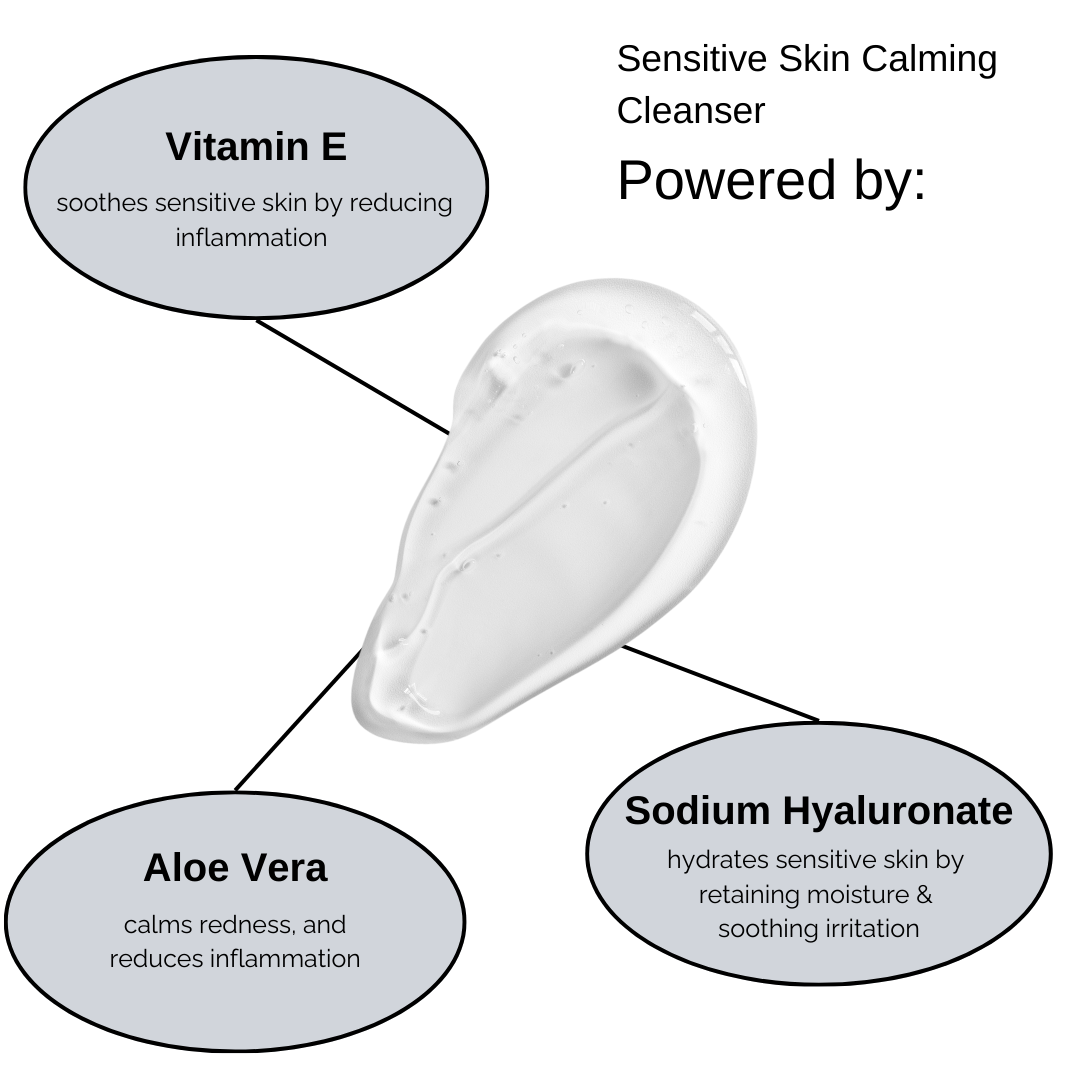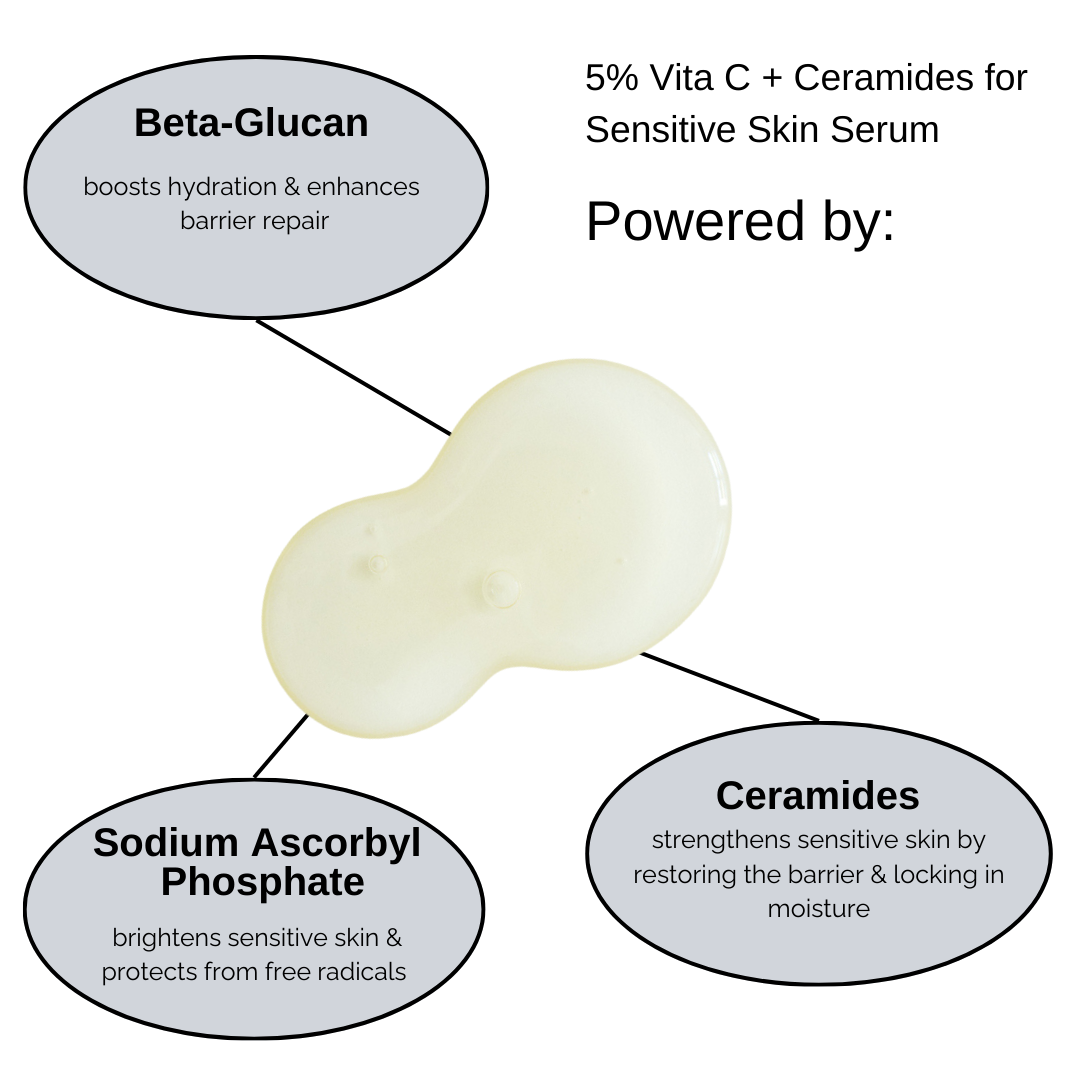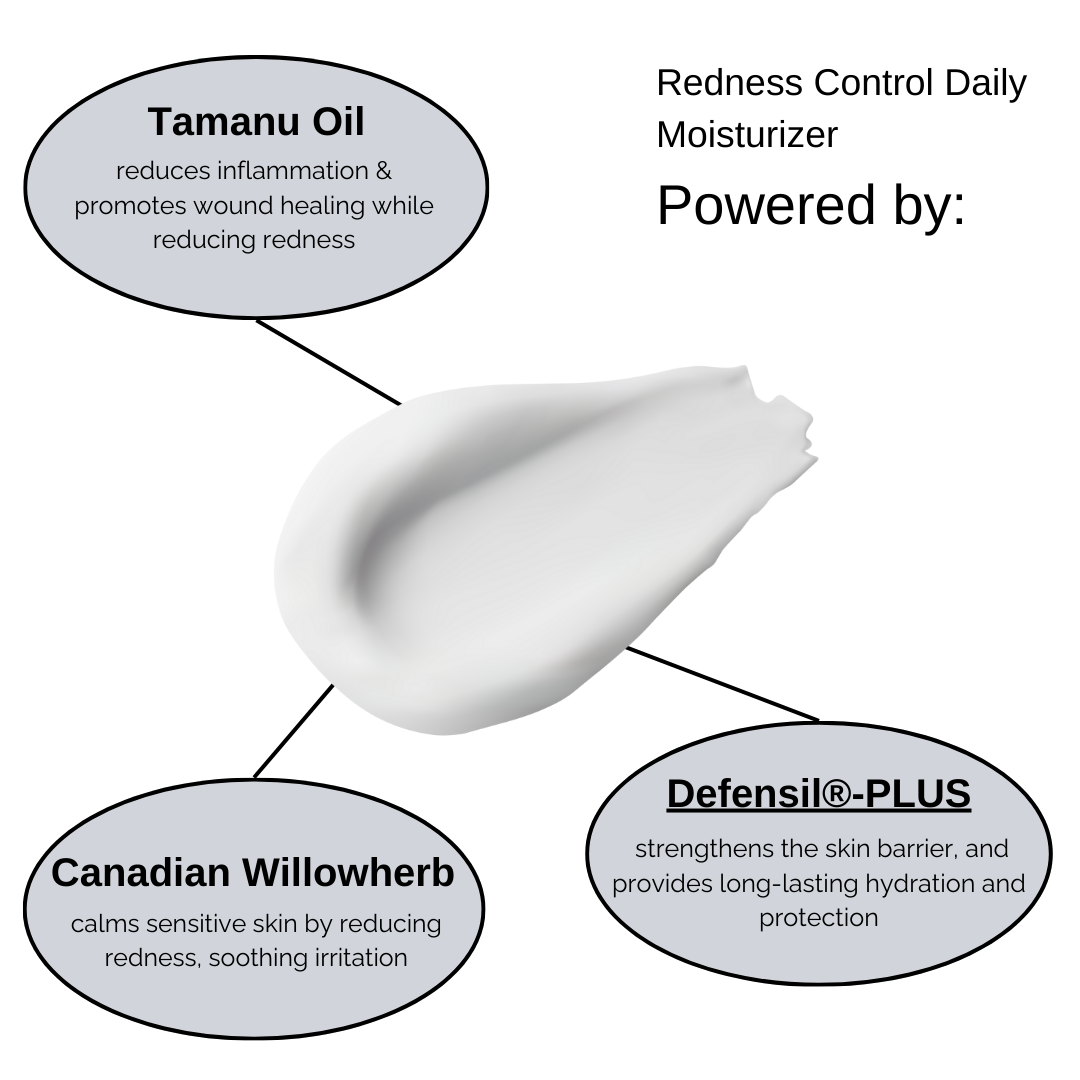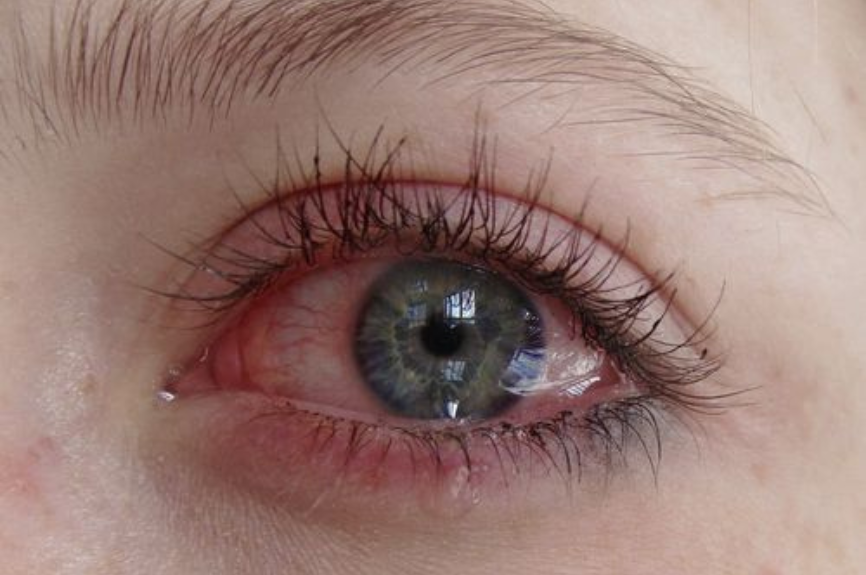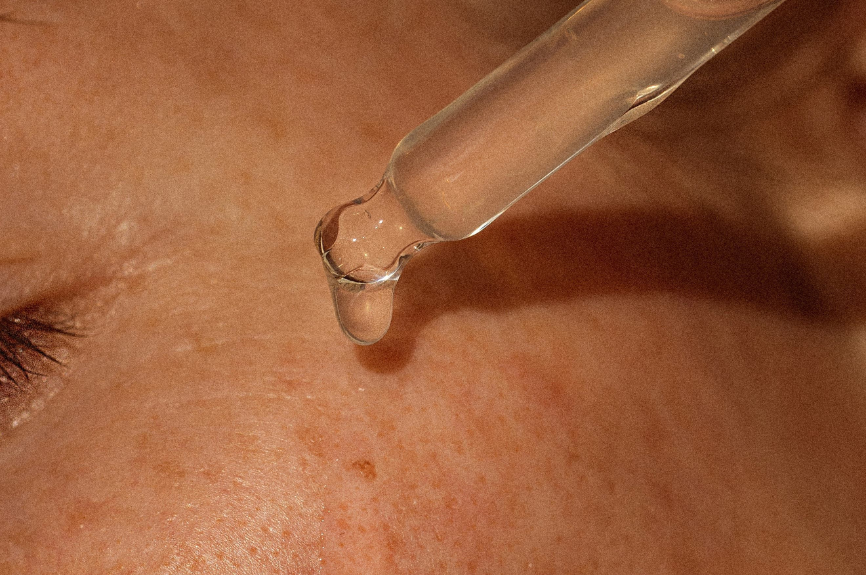
Why do you have Rosacea?
So you have Rosacea.. What next? What is it? Why do you have it?
This isn't just your ordinary skin condition—it's a chronic inflammation of the skin itself. While scientists are still piecing together the puzzle of its origin, they suspect a trio of factors: genetics, environmental triggers, and the overgrowth of certain skin bacteria. Rosacea tends to grace the cheeks, nose, forehead, and chin. It often comes with burning, stinging, dryness, and even visible blood vessels.
Rosacea's Roots, why you might have gotten it:
- Genetics: It's like inheriting a unique family heirloom—some people have a genetic predisposition to Rosacea. If it runs in your family, you might just be more likely to develop it due to a potential skin barrier that's a bit more fragile.
- Skin Mites: Tiny skin mites named Demodex cause rosacea due to a combination of factors. These factors include a reaction to the proteins produced by bacillus oleronius, an allergic reaction to Demodex, and / or other microbes that may be associated with Demodex mites.
- Sun Exposure: The sun's rays, changing temperatures, humidity, and even pollution—they all have a role in the Rosacea orchestra.
- Immune System: When your immune system isn't functioning well, it could lead to the development of rosacea by creating abnormal proteins. These proteins affect the way blood vessels work and can cause redness or swelling (inflammation). Problems with your immune system can lead to long-term swelling, redness, inflammation, and blood vessel dysfunction.
What exactly is Rosacea?
Rosacea is a chronic inflammatory skin condition that is heightened by an impaired skin barrier. It causes flushing, skin sensitivity, and redness, typically to the middle of your face. While the chin, cheeks, nose, and forehead are most often affected, rosacea can also manifest on your chest, neck, scalp, ears, and even your eyes.
For many, rosacea starts as a tendency to flush or blush easily in their younger years. It may happen unexpectedly, or for little to no reason at all. As you age, the condition progresses to more ongoing redness, though it may disappear and reappear at different times. Typically, your skin will begin to feel more inflamed, dry, or sensitive as the condition progresses.
While rosacea can affect anyone, it most commonly occurs in fair-skinned women over the age of 30.
Rosacea is an incredibly challenging condition to live with. That's why it is so important to find what works best for you & to avoid your triggers as much as possible. Always know you aren't alone, so finding a Rosacea Community online can always be a wonderful resource, and a great comfort for whenever you need it. Can't find one? Join ours :)

